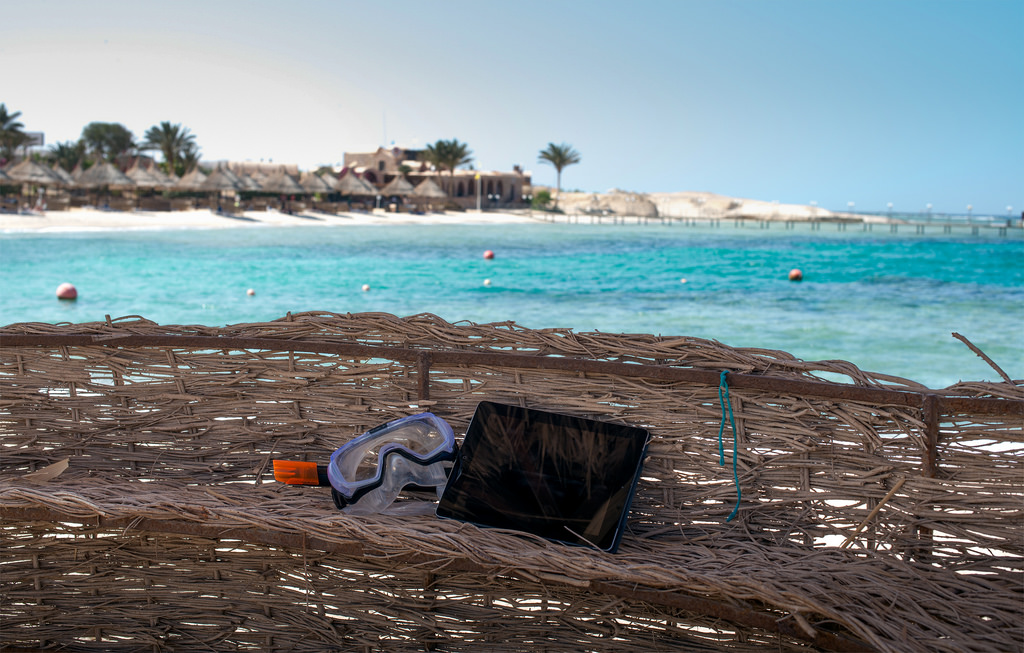Consumers are increasingly striving for experiences. They search for unique and memorable experiences, as products have become replicated and interchangeable in the 21st century experience economy.
The concept of the experience economy has changed. For a long time, the experience economy was a vehicle to design and supply experiences to consumers and so to gain advantage. But times change, and the concept has developed, as consumers have become more active and nowadays play a part in co-creating their own experiences for personal growth and ultimately, transformation. Consumers are more empowered than ever before!
Tourism experiences are not only co-created but more than ever technology-mediated. The increase of information and communication technologies (ICTs) has had a significant influence on people’s everyday lives and has so implied new challenges for the creation of experiences.
A new paradigm in the field of marketing
Moving from Experience 1.0 (The Experience Economy) to
the Experience 2.0 (Co-Creation Experiences)
towards a new era of experiences –
the Experience 3.0 Technology Enhanced Tourism Experiences:
A rethinking in services marketing is needed to reflect upon possible potentials, issues, challenges and future trends of tourism experiences. This conceptual study had the aim to discuss the issues, challenges and trends for the creation of Technology Enhanced Tourism Experiences.
The study shows that tourism marketing will need to adapt to the following three areas:
a) the changing nature of experiences,
b) new implications for co-creation, and
c) the need to make use of the potential of technologies to expand experiences.
This means that businesses should consider a participation and co-creation process with consumers. Businesses have to make use of ICTs as the key to a successful creation of innovative experiences, added value and competitive advantage. The increased consumer involvement has opened a new era in marketing, known as the co-creation paradigm. Co-creation is a collective and collaborative process between firms and consumers, and among consumers to foster value creation. The key principle is to put consumers first and recognise them as a starting point and central actor of experience and value creation.
At the same time, co-production has been established as a key mechanism between companies and consumers in exchange and defined as an interactive nature of services. An integration of a large crowd on people is known as ‘Crowdsourcing’ . Drawing upon the involvement of a crowd of people who help solve a problem. Crowdsourcing has thus become an effective medium for companies to outsource processes to a crowd of individuals aimed at performing specific goals.
Innovation through technology-faciliated co-creation
Tourism, as one of the fastest growing sectors in the world, has always been at the forefront of technology with information being the lifeblood of the travel industry. As a result, consumer independence increased while the importance of traditional travel distributions by operators and travel agents decreased.
The internet has become a platform for connection of people and businesses. Social technologies have had an enormous effect on the way services, experiences and value are created. New levels of customer centricity have formed with a constant connectivity and the engaging nature of social media.
Businesses need to find ways for innovation and the creation of unique experiences. Tourism organisations have become highly competitive in order to reduce commodification and differentiate themselves by creating more valuable experiences and maximising the potential of co-creation. To achieve this goal, ICTs are the effective instruments.
New processes of how, when and where consumers can play a role in the creation of their experiences arised through ICTs. Co-creation can happen anywhere throughout the customer journey and service value chain.
What does this all mean for tourism marketing?
New opportunities to innovate co-creation processes in tourism have arised due to advances in customer involvement and technology. This study showed how marketing is transforming and creating innovation through co-creation. Most important is the adoption of a co-creation philosophy that puts the consumer first!
Here is the full reference to cite the article:
Neuhofer, B., Buhalis, D. and Ladkin, A. (2013) Experiences, Co-creation and Technology: A conceptual approach to enhance tourism experiences. Proceedings of Cauthe 2013, pp. 546-555.
Here is the link of the conference paper: CAUTCHE 2013
Here is the link to Academia/ResearchGate: Academia and Research Gate
